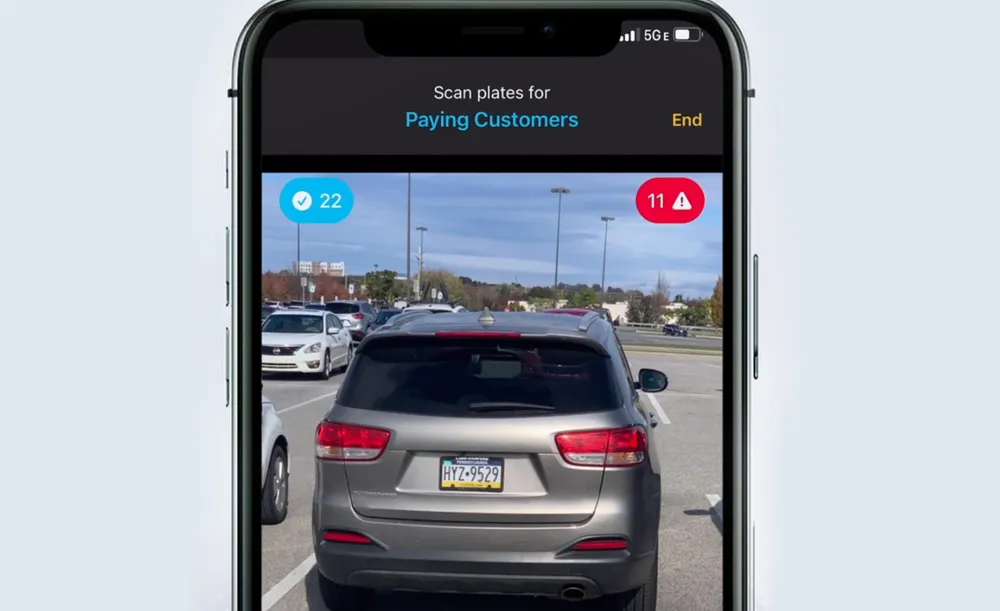
Rekor Systems has launched an app which it says turns a smartphone into a handheld tool that identifies vehicles and their numberplates.
The Rekor Go app provides the user with confirmation when the data matches a customer generated 'hotlist' record.
According to Rekor, the app does not need to continuously connect and stream to the cloud, enabling operations in areas where WiFi or cellular service is limited or unreliable.
It captures data on the move, operating in real-time on a live video stream, the company adds.
Identified plates are compared to a user-generated list, which Rekor insists helps shorten the time from capture to insight and issuing an audible alert.
Rekor CEO Robert Berman says the app can alert campus safety officers to vehicles of interest, whether it is associated with criminal activity, a protective order or a recently terminated employee.
“It can be used by event staff to track VIP arrivals; identify a vehicle’s location for asset recovery, and validate vehicles that are parked in restricted access lots, even in a parking garage where WiFi or cell phone service is limited,” he adds.
Rekor Go allows users to manage alerts by entering number plate information directly or uploading a list. They can also capture and review images of all reads and export data using native phone capabilities.
Other features include an export tool that creates a .csv read file that can be downloaded and shared and a companion website that allows users to create and upload bulk lists, differentiating between 'allowed' and 'not-allowed' number plates.
The app is available to iOS and Android users.










